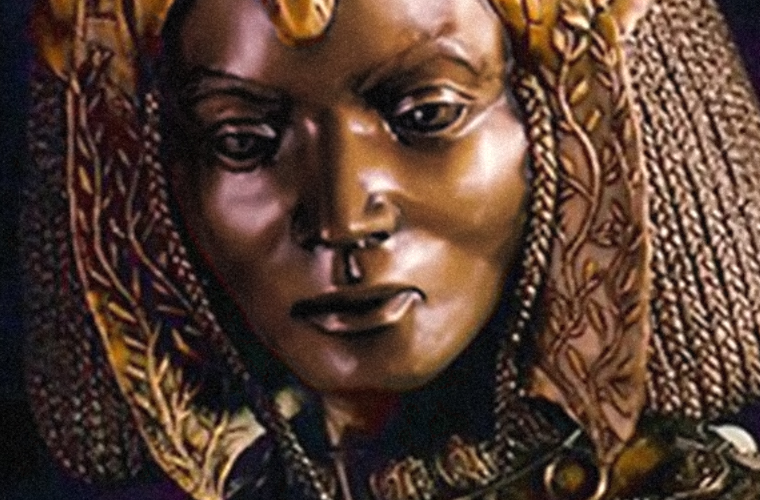Queen of Sheba, Arabic Bilqīs, Ethiopian Makeda, (flourished 10th century BCE), according to Jewish and Islamic traditions, ruler of the kingdom of Sabaʾ (or Sheba) in southwestern Arabia. In the biblical account of the reign of King Solomon, she visited his court at the head of a camel caravan bearing gold, jewels, and spices. The story provides evidence for the existence of important commercial relations between ancient Israel and Arabia. According to the Bible, the purpose of her visit was to test Solomon’s wisdom by asking him to solve a number of riddles.
The story of Bilqīs, as the Queen of Sheba is known in Islamic tradition, appears in the Qurʾān, though she is not mentioned by name, and her story has been embellished by Muslim commentators. The Arabs have also given Bilqīs a southern Arabian genealogy, and she is the subject of a widespread cycle of legends. According to one account, Solomon, having heard from a hoopoe, one of his birds, that Bilqīs and her kingdom worshipped the Sun, sent a letter asking her to worship God. She replied by sending gifts, but, when Solomon proved unreceptive to them, she came to his court herself. The king’s demons, meanwhile, fearing that he might be tempted into marrying Bilqīs, whispered to him that she had hairy legs and the hooves of an ass. Solomon, being curious about such a peculiar phenomenon, had a glass floor built before his throne, so that Bilqīs, tricked into thinking it was water, raised her skirts to cross it and revealed that her legs were truly hairy. Solomon then ordered his demons to create a depilatory for the queen. Tradition does not agree as to whether Solomon himself married Bilqīs or gave her in marriage to a Hamdānī tribesman. She did, however, become a believer.
The story of Sheba, which was probably derived from Jewish tradition, also appears among the Persians, where she is considered the daughter of a Chinese king and a peri. According to Ethiopian tradition, Sheba (called Makeda) bore Solomon a son,Menilek I, who founded the royal dynasty of Ethiopia.

